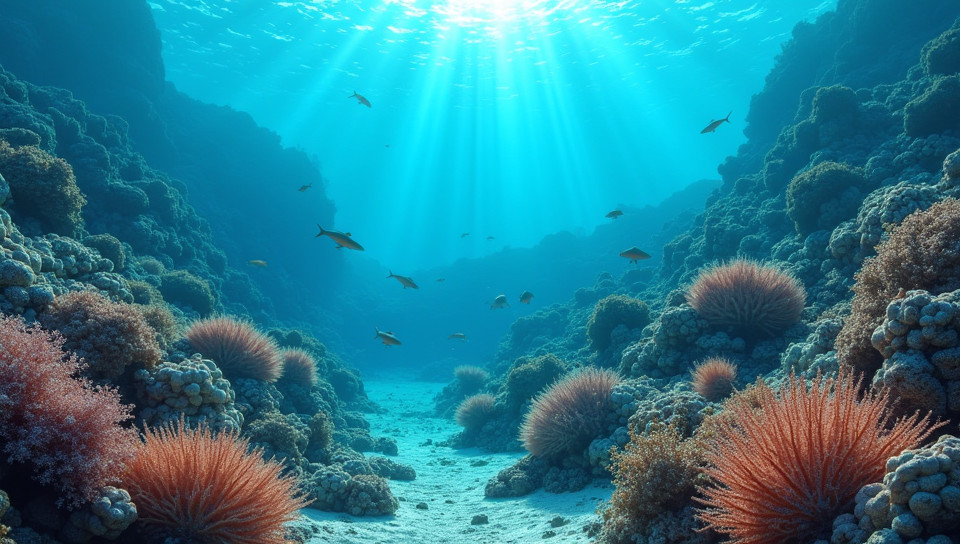Inadequate conservation laws hinder coral reef protection 83%

Coral Reefs on the Brink: The Alarming Truth About Inadequate Conservation Laws
The world's coral reefs are facing an unprecedented crisis, and it's largely due to inadequate conservation laws that fail to protect these vital ecosystems. As a hub of biodiversity and economic activity, coral reefs play a crucial role in maintaining the health of our oceans and supporting the livelihoods of millions of people. However, human activities such as overfishing, pollution, and climate change are taking a devastating toll on these fragile ecosystems.
The State of Coral Reefs Today
Coral reefs cover only 0.1% of the world's ocean surface, yet they provide a home for an estimated 25% of all marine species. Unfortunately, many coral reefs are facing unprecedented threats, including:
- Rising sea temperatures that cause mass coral bleaching
- Overfishing and destructive fishing practices that deplete fish populations and damage habitats
- Pollution from land-based activities such as agriculture, mining, and urban development
The Need for Effective Conservation Laws
In order to protect coral reefs and the communities that depend on them, we need stronger conservation laws that address the root causes of reef degradation. This includes:
- Establishing marine protected areas (MPAs) that provide a safe haven for coral reefs and other marine life
- Implementing sustainable fishing practices and regulating destructive fishing gear
- Reducing pollution from land-based activities through measures such as wastewater treatment and agrochemical regulation
The Road to Effective Conservation
So, what can be done to strengthen conservation laws and protect coral reefs? Here are some key steps:
- Strengthen international cooperation: Coral reefs know no borders, and therefore, we need international agreements that recognize the global importance of these ecosystems.
- Support community-led conservation efforts: Local communities have a deep understanding of their reef systems and are often best placed to develop effective conservation strategies.
- Increase funding for coral reef conservation: Governments and NGOs must prioritize funding for coral reef conservation efforts, including research, education, and community engagement.
Conclusion
The fate of our coral reefs hangs in the balance, and it's imperative that we take immediate action to strengthen conservation laws and protect these vital ecosystems. By working together, we can ensure a healthy future for coral reefs and the people who depend on them. The clock is ticking – let's act now!
- Created by: Liam Ortiz
- Created at: Nov. 9, 2024, 1:25 p.m.
- ID: 15696








